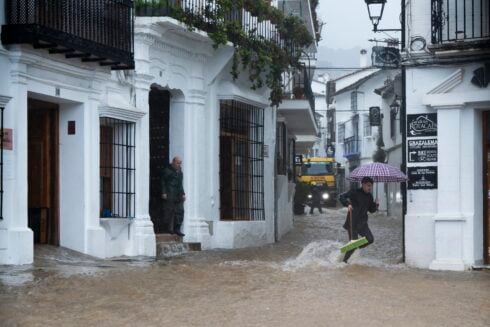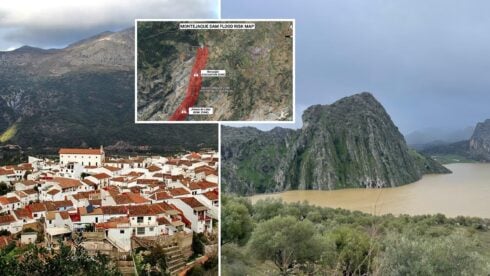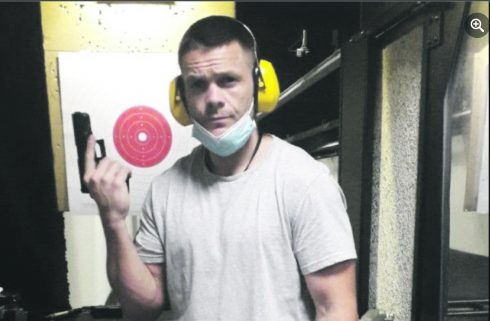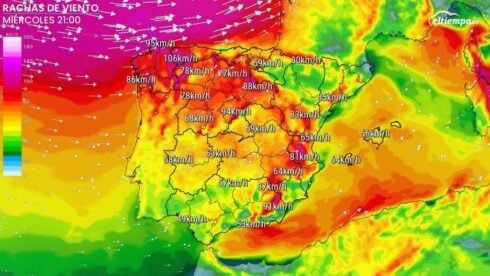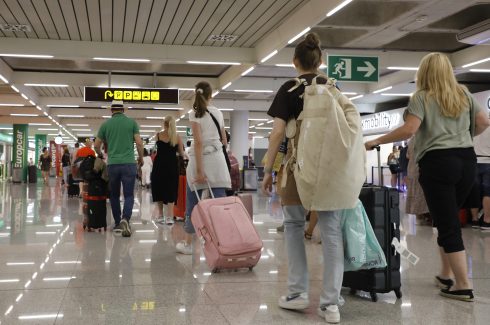AFTER a decades-long bloody campaign for an independent Basque Country, terrorist group ETA was officially dissolved in 2018. But the shadow of the organisation is looming large over the current regional and local election campaign being waged across Spain, and that will culminate with polls on May 28.
On Tuesday, the Socialist Party Prime Minister Pedro Sanchez and opposition Popular Party (PP) leader Alberto Nuñez Feijoo clashed during a debate in the Senate over ETA, after it emerged last week that 44 of the candidates running for the EH Bildu party were once members of the terrorist group – in seven cases having been convicted for murder.
During the tense debate between the two political leaders, the first since the election campaign began on May 12, Feijoo called on Sanchez to commit to not doing post-election deals with EH Bildu in the city of Pamplona and the Navarre and Basque Country regions.
The clashes saw the PP chief accuse Sanchez of being ‘more generous with the executioners than with the victims’.
The news about the EH Bildu candidates has put the prime minister in a complicated political position. His government, a coalition of the Socialist Party and leftist Unidas Podemos, lacks a working majority and has needed the support of smaller parties to pass legislation. Among these parties is EH Bildu.
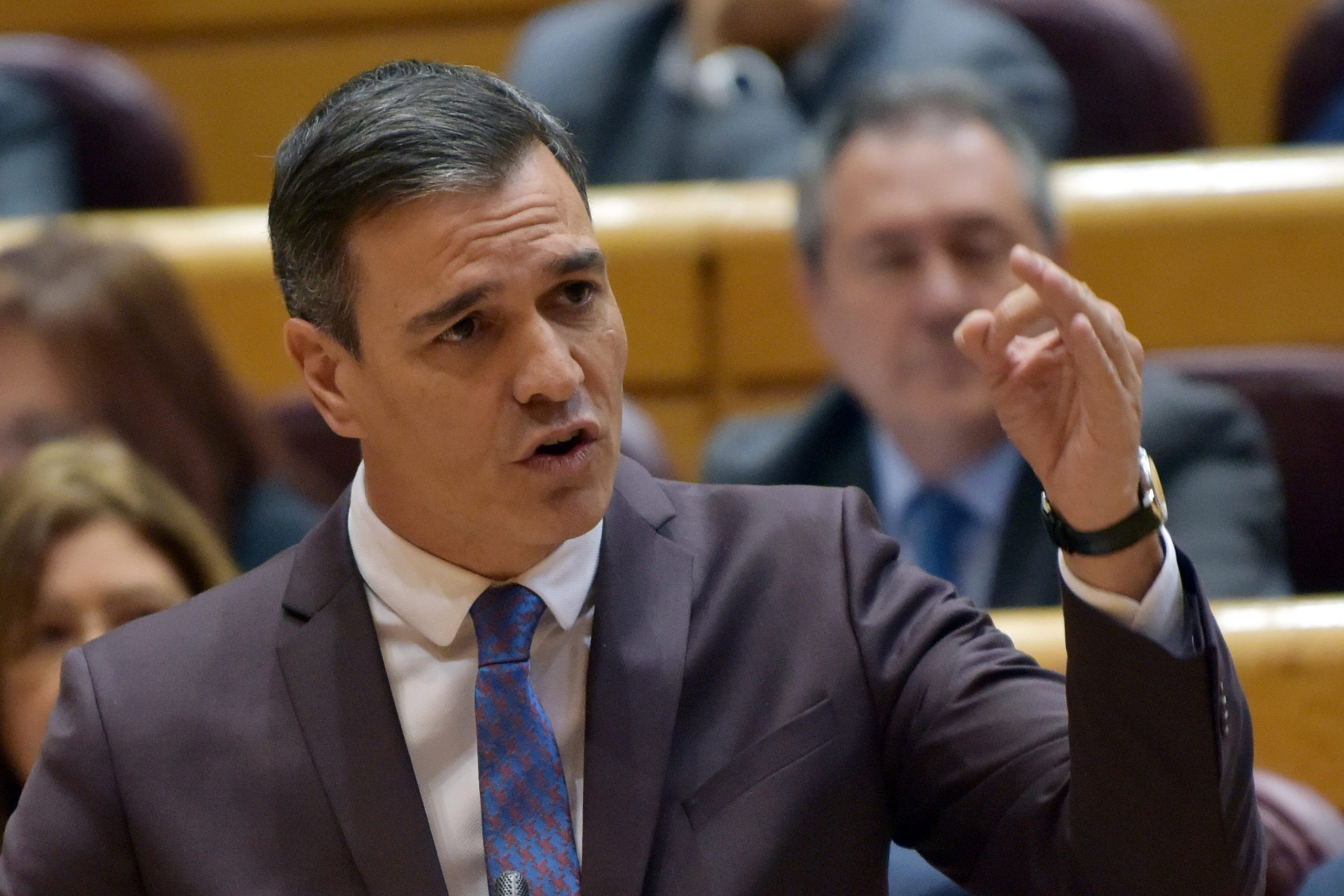
Sanchez responded to Feijoo’s attacks by arguing that the PP was using terrorism for political gain and to cover up a lack of policies for Spain.
“When ETA is no longer anything, for you ETA is everything, because in your desperation, even though ETA doesn’t exist, it’s the only thing you have,” he said during the debate, in comments reported by Europa Press.
On Tuesday it also emerged that the seven EH Bildu candidates who served sentences for murder have pledged to not take up their places on local councils even if they were to be elected, in the wake of the controversy caused by their candidacies.
During the Senate debate Feijoo argued that this move was more about ‘electoral convenience’ than any consideration for the victims of ETA, which killed more than 800 people and injured tens of thousands more during its violent campaign.
Feijoo went on to state that there were still 37 people who had been sentenced for terrorism on EH Bildu’s candidate lists, and asked Sanchez if he was happy that ‘the ones who pulled the trigger’ were dropping out while ‘the ones who gave them the guns’ were staying.
The prime minister responded by pointing out that the beginning of the end for ETA started 12 years ago, when the Socialist Party was in government.
Elsewhere, the far-right Vox party has demanded that there be a vote in Congress to ban the EH Bildu party. However, an urgent proposal filed in the lower house of parliament was rejected by the speaker for debate, and has been rejected by other parties such as Ciudadanos (Citizens).
In previous rulings in similar cases, judges found that there is no legal basis to ban a political party in Spain just because its members are convicted terrorists.
Read more:
- Opposition leader calls on PM to take action over inclusion of 44 former ETA terrorists on election lists
- Spain’s prime minister calls plan to include 44 convicted members of ETA terror group on election lists ‘indecent’
- As local election campaign kicks off, Spain’s prime minister promises subsidised cinema tickets for the over-65s
Click here to read more Politics News from The Olive Press.


